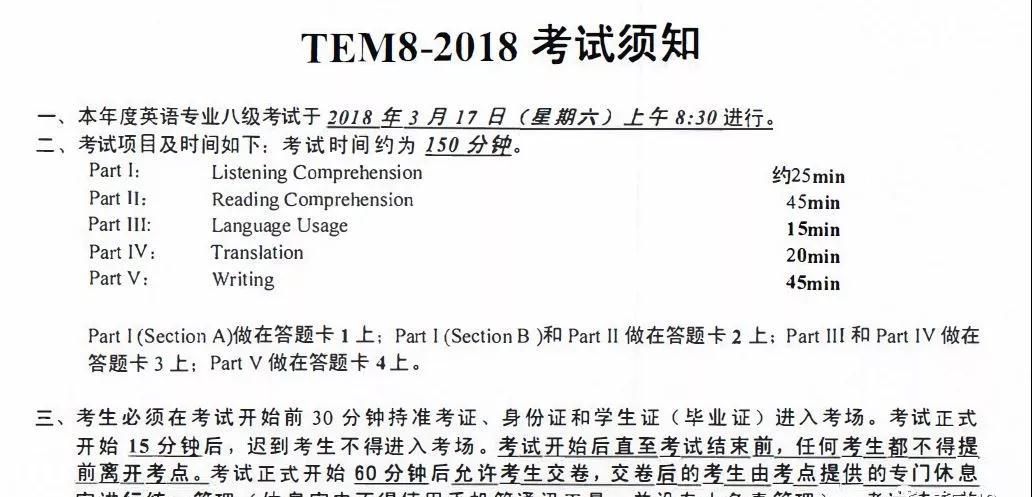Recession fears return to the fore
|
Positive market sentiment following bold government moves to stem the financial sector meltdown evaporated yesterday and recession fears rose to the fore, sending shares slipping around the world after a two-day rally. In Asia, the Chinese mainland's benchmark Shanghai Composite Index declined by 22.65 points, or 1.12 percent, to 1,994.67, while the smaller Shenzhen Composite Index shed 4.92 percent to close at 524.70. Hong Kong's Hang Seng Index lost 843 points, or 5 percent, to 15,990 after rising more than 13 percent the previous two days. Markets in Australia, South Korea, and Singapore were also lower. Japan's Nikkei 225 index bucked the trend, however, paring its losses to end higher up 1.1 percent. The benchmark surged 14 percent in the previous session - its biggest single-day gain. The FTS Eurofirst 300 index of top European companies was down 2.7 percent in early trading, after gaining a record 10 percent on Monday and 3 percent on Tuesday. The Dow Jones industrial average was down about 158 points, or 1.7 percent, at the 9,152 level in early trading after economic readings raised the possibility that the US is either in a recession or moving toward one. Recession fears returned after trillions of dollars pledged for bank bailouts from Europe to Asia helped allay fears of an imminent financial meltdown. "We are not quite out of the forest, but at least the trees have stopped collapsing on us," said Henk Potts, equity strategist at Barclays Wealth. "Investors are starting to realize that a systemic meltdown of the financial sector is less likely, but worries have shifted to macroeconomic concerns as many Western countries have glum 2009 GDP forecasts," he said. EU leaders will meet in Brussels just days after stumping up 2.2 trillion euros ($3 trillion) to rescue European banks and jolt frozen money markets - at the heart of the worst financial crisis since the Great Depression - into life. European leaders will press for an overhaul of the world's financial structures after Asia joined Western bastions of capitalism in bailing out banks to avert a financial meltdown. Southeast Asian nations backed by Japan, South Korea, China and the World Bank were the latest to join the global rescue effort, agreeing yesterday to create a multi-billion dollar fund to buy bad debt and help banks. The World Bank committed $10 billion for the fund. But concerns remained that the rescue would come at a huge economic cost and do little to repair the damage already done by a 14-month credit crunch, which has slowed the economy. As the markets dropped, regional leaders continued to grapple with the financial crisis and its impact on local economies. A day after announcing billions in new spending to protect Australia's economy, Prime Minister Kevin Rudd accused Wall Street of "obscene failures" in corporate governance and blamed "extreme capitalism" for the turmoil. |








